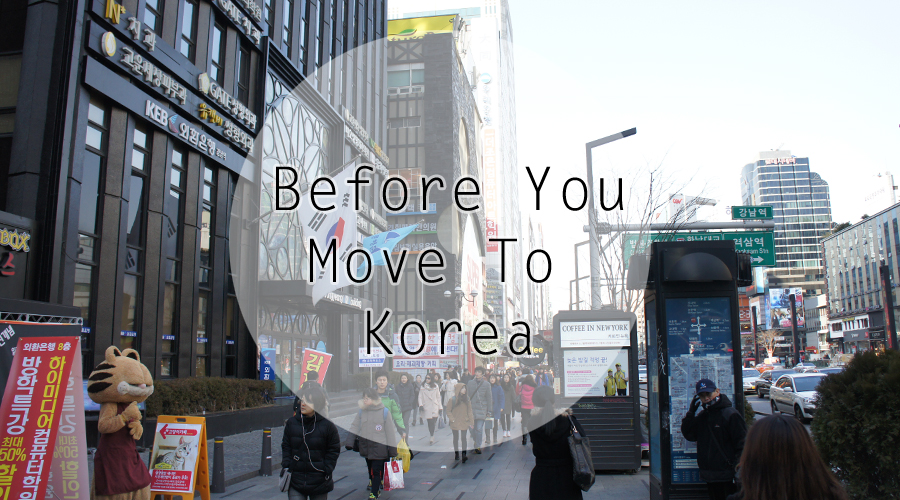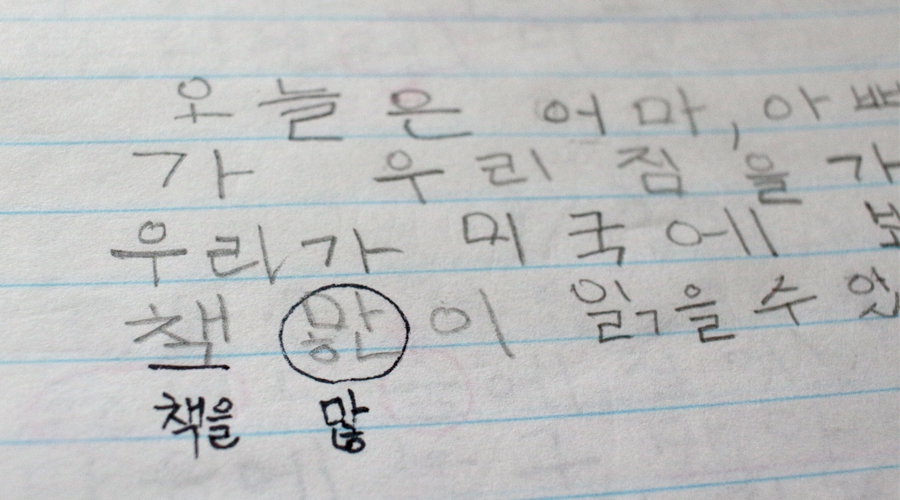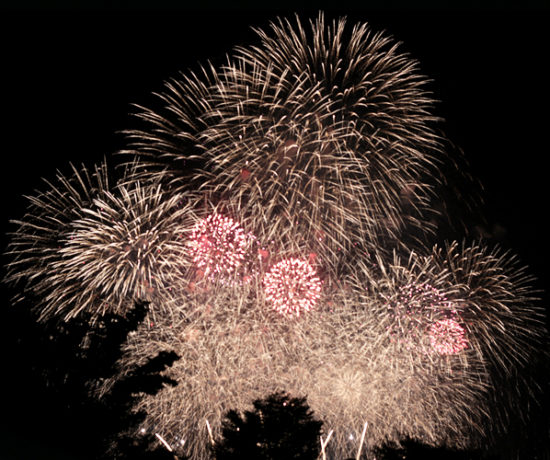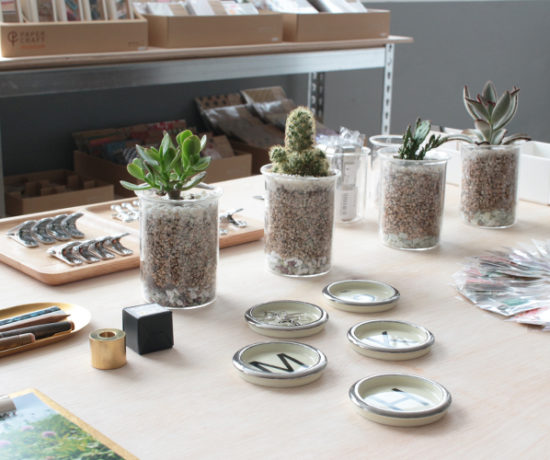
I’ve run into quite a few people here who have moved to Korea to teach English or to study at a Korean University. Some of them came because they were interested in the Korean culture, others came as part of their wanderlust to see the world. Some of them were overall very happy to be in Korea, others wanted out as soon as possible. So here are 5 things I think you should seriously consider before committing to moving to Korea.
#1. Food
Before you tell me that you love Bibimbap and Bulgogi, let me tell you that the average Korean does not eat Bibimbap or Bulgogi on a daily basis. Korea is the land of variety! Just like there are hundreds of ways to make bread and pasta, there are enough variations in kimchi, side dishes, soups, and stews to make your head spin. If you’re thinking about working at a company or studying at a school and plan to eat at the cafeteria, you better take a closer look at Korean food before you make the commitment. Chances are you’ll get Bulgogi maybe once or twice a month if you’re lucky. If you don’t like vegetables, spicy food, or seafood your life may become difficult. Sure there has been a surge in fast food and foreign cuisine over the years, but be prepared to pay the same price for a much smaller portion.
Let’s not forget groceries! Everything from the vegetables to the seasonings will be geared toward the Korean table. So while you may find a couple of bottles of basil in the seasonings corner, you’ll have to look for oregano, saffron, thyme, cumin, or rosemary online. If you like a certain brand of ketchup or mustard you’ll have to make a trip to Costco or find one of the rare specialty shops that sell imported goods. Do you like bottled orange juice? Korean orange juice taste completely different from American orange juice. It sort of tastes like they poured a bag of sugar in it. Do you like a certain brand of chips, candy, or chocolate? You will find Pringles and Hersheys here but beware of the Cheetos, they do not taste the same.
One last point. I went with some friends to the movie theater and one of them wanted to get a hot dog. We found out that they didn’t have ketchup and mustard; they only had a sweet and spicy sauce. Isn’t that crazy? You have been warned!
#2. Coffee
I don’t drink much coffee, but most everyone I know can’t seem to live without it! So what’s the dish on coffee in Korea? According to my friend who was a barista, the majority of Korean coffee is watered down and too sweet. Need a second opinion? I had another friend who enjoys espresso order a double shot to get the right consistency! Coffee also tends to be a lot more expensive in Korea. Be prepared to pay between $4-$6 for the smallest cup of coffee at a coffee shop. In general, it seems that Koreans consider part of the price to be a “seating price.” So it’s not uncommon to see people stay at a table for hours on end over a cup of coffee.
#3. Apartment life
Are you used to living in a house with a nice yard with your own private garage? Well, unless you’re rich or willing to live out in the middle of no where, chances are you’re not going to find a house in Korea. Welcome to the life of hardcore apartment living. I myself live in a 30 story apartment building and can spot an apartment building in ever direction I turn to. So keep your fingers crossed that your upstairs neighbors don’t have kids that play the piano at 8 in the morning on Saturday or run for hours past 9pm during a weekday.
Oh and garbage disposal? Non-existent. You have to pay a price per weight to throw away food garbage. You’re also required to recycle most everything. This means plastic bags, styrofoam, paper, bottles, cans, and batteries. All other trash must be thrown away in a designated trash bag that you can buy at the groceries. For anything that won’t fit in the designated trash bags, you can buy a sticker at the grocery store to apply to things like broken chairs or tables. If you don’t, they will come find you. I live in an apartment complex with 10 apartment buildings, each 30 stories high. Imagine how many residents live here, now consider this: Every now and then I see a notice in the elevator where they have a screen shot from a CCTV tape of a resident that carried out used furniture to the recycling area but neglected to pay the fine and apply the sticker. Trust me, they will find you and fine you!
#4. Language
It’s true, Koreans start learning English in elementary school now. But keep in mind this is for the relatively newer generation. When I was in middle school (7th-9th grade) Koreans didn’t start learning English until 7th grade. In essence, Korea is not an ESL country, it is an EFL (English as a Foreign Language) country. This mean that not everyone speaks English fluently or that they even want to speak English at all. So if you find quirks in the English translations or your landlord doesn’t speak English, just think about how much Spanish or French you remember from high school.
#5. Shopping
Some people are under the impression that everything in Korea is cheap, and that shopping is glorious because clothes and make up is cheap here. So is this true? Well, it depends on what you’re getting. It’s true that it’s possible to get cheap clothing and make up in Korea, but from my experience shopping in Korea is much more expensive in comparison to the States. It is not uncommon to see the same dress of the same brand in the States with double the price tag in Korea. Korean cosmetics can be good quality at a low price, but imported brand cosmetics? Expect it to be anywhere from three times to six times the price. A 20-30% mark up is practically innocent.
Ok then what about SPA brands? Zara, Forever 21, and H&M can all be found in Korea, as well as a good number of Korean SPA brands. I think you’ll find them to be more expensive than in the States. Basically, SPA stores sale prices will be similar to regular prices of SPA store prices in the States. So if you see a dress that looks like it would cost maybe $20-$30 in the States, you can expect it to be anywhere from $70-$90 in Korea. The sale price would be around $30-$60.
So what about street shopping or shopping at underground subway stations like Gangnam station or the Express Bus Terminal station? It’s true that you can find some very cheap pieces, but they are likely to be trendy, lower quality items with a no return policy. You will most likely not be able to try it on and will have to pay cash. Beware of clothing with no price tags, especially in tourist locations like Myung-dong because they are known to charge up to 10 times the price.
I’m not trying to discourage you from moving to Korea or telling you that Korea is a bad place to live. I just wanted to clear up some of the misconceptions that people had before moving to Korea. If you expect a place to be expensive you can prepare mentally and financially, but if you expect living somewhere to be cheap and find yourself in an expensive city it can be incredibly frustrating and stressful. So I hope you found this to be helpful and if you have any questions let me know in the comments below!




